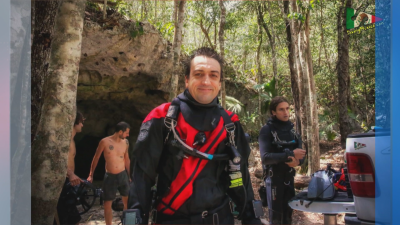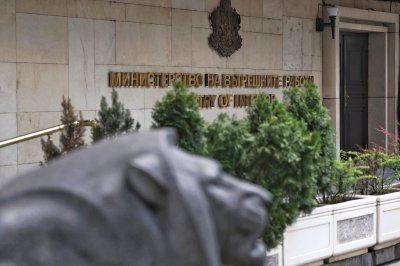In an action led by the European Public Prosecutor’s Office (EPPO) in Berlin (Germany) and Vilnius (Lithuania), 1 000 police and tax and customs officers carried out 200 searches in ten countries, including Bulgaria, in a probe into a criminal organisation importing salvage cars from the United States (US) and reselling them after cosmetic repair, while evading custom duties and VAT. The criminal scheme also poses serious dangers for road safety in Europe, the press centre of the European institution said.
The investigation, code-named ‘Nimmersatt’ (‘Insatiable’ in German), extends from the US to Russia, with links to Canada, Hungary, Ireland and the United Kingdom (UK), as well as 11 EU countries of the EPPO zone.
Investigative measures were conducted today and yesterday in Bulgaria, Estonia, Germany, Hungary, Latvia, Lithuania, the Netherlands, Portugal, Romania and Spain. At the moment, ten suspects, including one of the suspected ringleaders of the criminal scheme (a Lithuanian citizen), were arrested. In addition, 18 other suspects were detained for questioning, all Lithuanian citizens. Key suspects of Russian nationality are also under investigation.
The investigation determined that the Lithuanian cell of the organised crime group, established in 2020 and headed by a citizen of Lithuania – arrested in the course of this action –, used companies in Bulgaria, Estonia, Hungary, Latvia, Lithuania, the Netherlands and Romania to fraudulently conceal the true turnover of the trade in salvage cars. From Lithuania alone, at least 16 500 cars were sold, for an amount of €144 million.
The damage caused by these criminal activities, which is still under assessment, is estimated at at least €31 million in unpaid VAT and custom duties.
Freezing orders of up to €26.5 million were granted. For the time being, bank accounts were frozen, and 116 cars worth approximately €2.3 million were seized, as well as half a million euros in cash and luxury items. Properties, plots of land and company shares, worth €5.1 million, were also seized.
The criminal group targeted by the EPPO investigation buys huge quantities of wrecked cars from US insurance companies at auctions and then ships them to the EU. By using a network of sham companies and fake invoices to cover the origin of the cars, those vehicles arrive in the EU with their commercial history obscured.
The cars arrive at different ports, including Antwerp (Belgium), Bremerhaven (Germany), Klaipėda (Lithuania) and Rotterdam (the Netherlands). In order to evade a substantial part of the customs duties, the perpetrators present false invoices to the custom authorities, declaring a much lower value than what they paid for the vehicles.
The cars are then transported by land to Lithuania, to be repaired in auto repair shops. However, based on the evidence, the repairs are only superficial, in order to make the cars appear as new and to pass the required technical certification procedures.
Later, when the cars are sold to final customers in Germany and in other EU countries, they are presented as never having had an accident or being fully repaired, even when they have hidden damage – including missing airbags or other serious security issues. Less valuable vehicles are sold to Eastern European markets, the statement said.








 Чуй новините
Чуй новините Подкаст
Подкаст
























